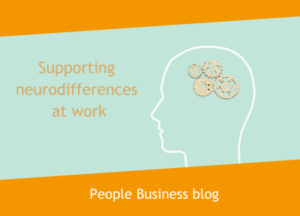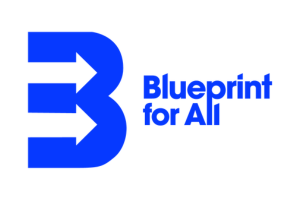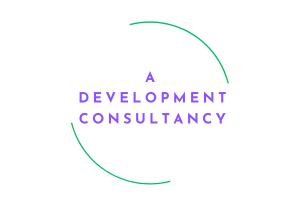Supporting neurodifferences at work

It’s estimated that around 1 in 5 employees in the UK are neurodivergent – meaning they think, process and interact with the world in ways that differ from the ‘neurotypical’ norm. This can influence how someone communicates, manages tasks, or responds to their environment.
Understanding neurodifferences at work
Performance may fluctuate—someone might excel in creative problem-solving but struggle with time management or thrive in focused tasks but find meetings overwhelming. Historically, these patterns were often misunderstood as inconsistency or lack of motivation. Thankfully, that’s changing.
More employers are now recognising the value of neurodiversity, and with good reason. In fact, 63% of companies that actively embrace neuroinclusive practices report improvements in:
- Creativity
- Workplace culture
- People management
- Employee engagement
Who are we talking about?
‘Neurodivergent’ is a broad term that includes a range of neurological differences. These might include:
- Autism Spectrum Disorder (ASD) – Differences in social interaction, communication and behaviour.
- ADHD (Attention Deficit/Hyperactivity Disorder) – Challenges with attention, hyperactivity and impulsivity.
- Dyslexia – A learning difference affecting reading, writing and spelling.
- Tourette’s Syndrome – Involuntary movements and vocalisations (tics).
It’s also common for individuals to experience traits from more than one condition. No two people are the same, and that’s exactly the point—neurodiversity is about embracing a wide range of thinking styles.
Do labels matter?
Some people identify strongly with terms like ‘ADHDer’ or ‘autistic’, while others prefer not to use labels at all. What matters most is listening to how individuals describe their own experiences and needs. Respecting that language helps build trust and understanding.
Common challenges in the workplace
While every individual is different, some challenges are more commonly reported by neurodivergent employees:
- Memory and concentration
- Organisation and time management
- Stress and emotional regulation
- Communication, including:
- Written and verbal expression
- Processing instructions
- Sensory sensitivity or overload.
These aren’t signs of weakness—they’re signs that the environment might need adjusting.
Practical ways to support neurodivergent colleagues
Creating a more inclusive workplace doesn’t require a complete overhaul. Often, small, thoughtful changes can make a big difference. Here are some ideas:
- Flexible work patterns
- Adjust start and finish times to suit energy levels.
- Allow short breaks or time-outs when needed.
- Encourage focused work in short bursts.
- Assistive technology
- Use tools like text-to-speech or screen readers.
- Provide software for note-taking or reducing screen glare.
- Minimise distractions by disabling unnecessary notifications.
- Quiet and calm workspaces
- Offer remote or hybrid working options.
- Provide noise-cancelling headphones or access to quiet rooms.
- Allow recovery time after meetings or sensory overload.
- Clear and flexible communication
- Use visual aids or mind maps instead of long written briefs.
- Offer voice notes or short check-ins instead of lengthy emails.
- Be flexible in meetings—allow cameras off, movement during calls, or attendance only when essential.
- Most importantly: ask what works best for the individual.
- Coaching and peer support
- Offer one-to-one coaching to build confidence and develop strategies.
- Provide team training to raise awareness and foster inclusion.
- Encourage peer mentoring or co-coaching for shared learning.
Legal considerations
Under the Equality Act 2010, neurodivergent individuals may be protected as having a disability if their condition has a substantial and long-term impact on daily life. A few key points:
- A formal diagnosis is not required for legal protection.
- Employers are not obligated to fund private assessments.
- Adjustments are often low-cost but high-impact.
- Courts are increasingly recognising neurodivergence in workplace discrimination cases.
Is a formal diagnosis necessary?
Some employees may choose to seek a diagnosis through their GP or privately. However, it’s important to remember that a diagnosis isn’t always necessary to make workplace adjustments. What matters most is understanding the individual’s needs and working together to find practical solutions.
Final thoughts
Supporting neurodivergent colleagues isn’t just about ticking a compliance box – it’s about valuing different ways of thinking and creating a workplace where everyone can thrive.
By making small, thoughtful changes and encouraging open conversations, organisations can unlock new ideas, improve team dynamics, and build a culture where diversity of thought is truly celebrated.
If you would like to talk to one of our consultants about how we could help with any of the points above, please get in touch.




